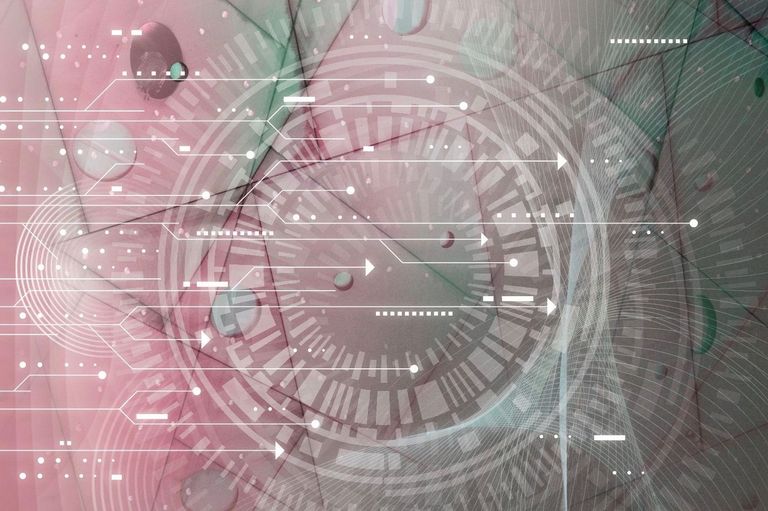Sujets correspondants
Beyond impact factor, h-Index and university rankings: Evaluate science in more meaningful ways
Renowned experts highlighted the limitations of metrics in capturing scientific quality and the resulting pressure on the quality of scientific output and presented approaches that challenge conventional metrics. The implications for the Swiss science landscape long-term were the subject of a stakeholder roundtable and discussion with the audience.
Image : SCNAT
Open Data and Data Management - Issues and Challenges
The SCNAT is organizing this one day event in Bern, with the aim to give the research community the chance to raise their concern and also the SNF and the European Commission to present their view and to inform about recent trends. The workshop should provide recommendations on how to implement the open data requirements.

La qualité avant la quantité
Le système de recherche se développe parce que la productivité est récompensée. Ce qui fait sens pour l’économie peut conduire à des incitations négatives dans la science. La qualité des résultats scientifiques ne peut parfois plus être suffisamment assurée. Tout particulièrement en cette période de « fake news », la confiance dans la science ne doit pas être compromise. Dans une récente publication, l'Académie suisse des sciences humaines et sociales et l'Académie des sciences naturelles plaident pour la qualité avant la quantité.
Image : Gilles Nikles (SAGW)


